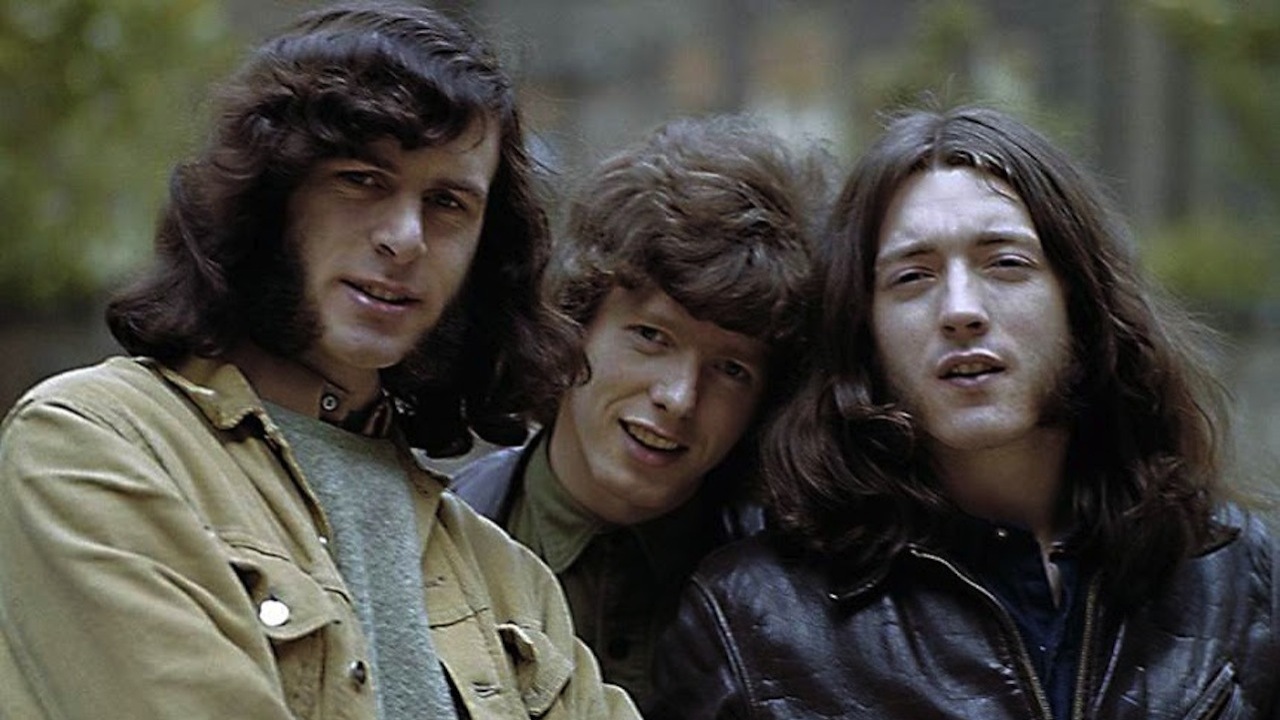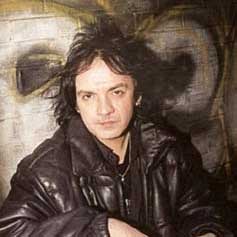An interviewer once asked Jimi Hendrix: “How does it feel to be the best guitarist in the world?” He replied: “I don’t know. Ask Rory Gallagher.” Gallagher was Ireland’s first rock star and guitar hero, treading the world’s boards relentlessly with his 1972 trademark battered Fender Strat and releasing a string of solid albums.
As the consummate set I’ll Remember demonstrates, Rory was firing on cylinders many of his contemporaries didn’t even know existed when he stepped out of his apprenticeship with Ireland’s show bands to form Taste as the quintessential blues-rock trio in 1966.
They signed to Ireland’s Major Minor label in 1968 but the seven demos included here (along with sole single Blister On The Moon) show Gallagher’s chops already fully formed and his latent blues power crying out for a bigger outlet. The track and its flip, Born On The Wrong Side Of Time, also show why Taste became such a big influence on Rush as their energised blues is shot with elements of folk and proto-prog.
Disc one also boasts Taste’s blistering breakthrough set at that year’s Woburn Abbey Festival. The buzz earned them a deal with Polydor and a new rhythm section of bassist Richard McCracken and drummer John Wilson before the trio opened Cream’s farewell shows at the Royal Albert Hall in November 1968.
Taste released their self-titled debut album the following April (here with alternative versions). Their version of Lead Belly’s Leavin’ Blues traverses jazzy changes, Hail introduces his acoustic side and tracks such as Same Old Story and Catfish thrust forth their inimitably explosive dynamics.
1970’s On The Boards was Taste’s second and final album and Gallagher’s songwriting breakthrough. By then, Taste had supported Blind Faith on their arduous 1969 US tour and were honed into formidable shape as Rory’s bottleneck lets rip on Eat My Words and he unleashes his saxophone on the title track. Despite further acclaim, Gallagher split Taste that December to become the hardest-working man in rock‘n’roll, even turning down Deep Purple’s invitation to replace Ritchie Blackmore in 1975.
Although a humble hero to many, Rory never achieved icon status, even after his untimely death in 1997, but at least his often overlooked first band now has its own mighty monument.

